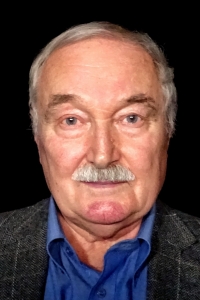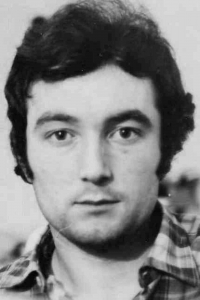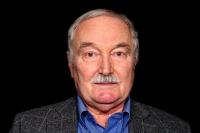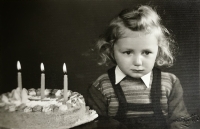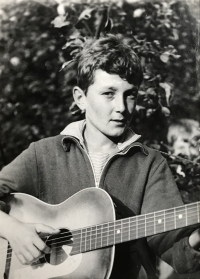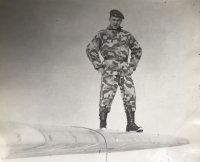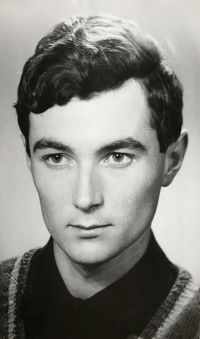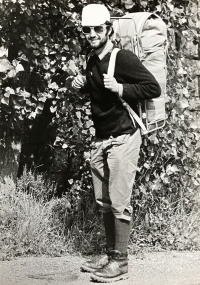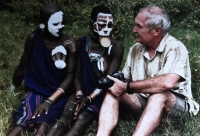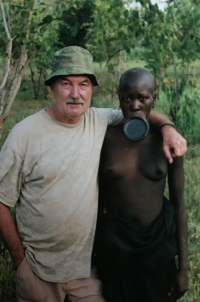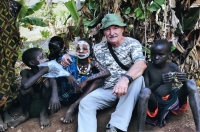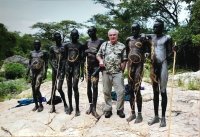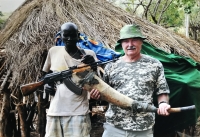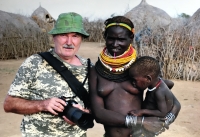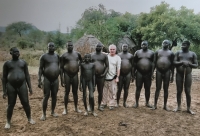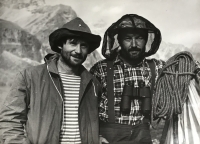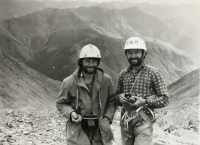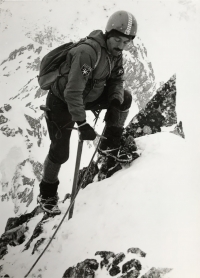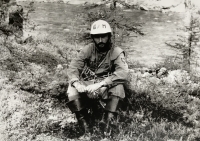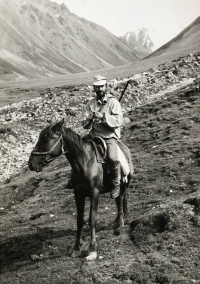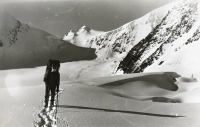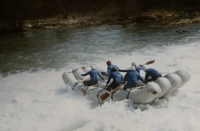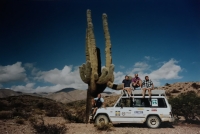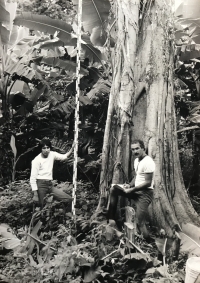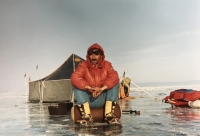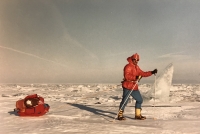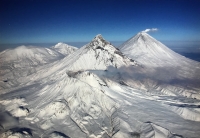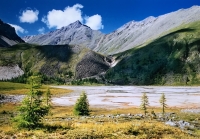I found freedom in the wilderness
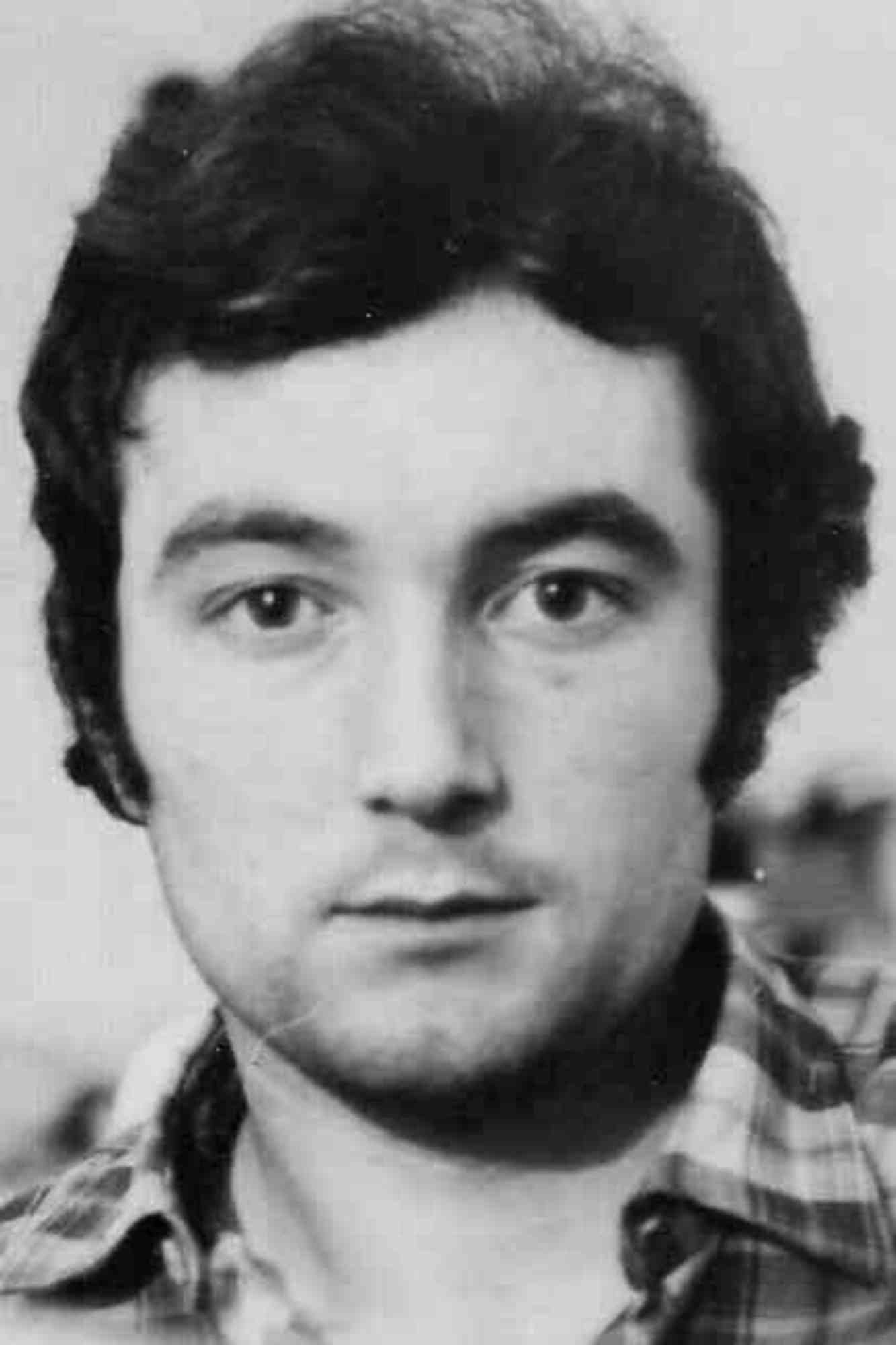
Stáhnout obrázek
Jiří Blata was born on May 20th 1948 in Opava. He enjoyed sports since childhood. He did skiing, competed in orienteering, was a mountain climber and a paddler. He graduated from gymnasium and also studied long-distance at the college of education. In 1967, as part of his compulsory military service, he joined the special reconnaissance unit based in Rakovník. In August 1968, he witnessed the barracks being taken over by the Soviet troops under dramatic circumstances. For twenty five years, he was the director of the district tourist and natural sciences club in Opava. He was also a coach of a youth orienteering club. He participated on twenty expeditions to Siberia and to the Far East with mountain climbers and geologists from the former USSR. For about fifty years, he had been visiting Africa, looking for tribal societies who were able to preserve traditions of their ancestors. He built a vast collection of African art and ritual objects. He had been lecturing on his expeditions regularly and had been organising photo exhibitions. After the collapse of the communist regime, he had been working as a representative of Czech companies exporting machinery and machine parts for the textile factories in the former USSR. He strives to establish an independent African art museum in Opava.
